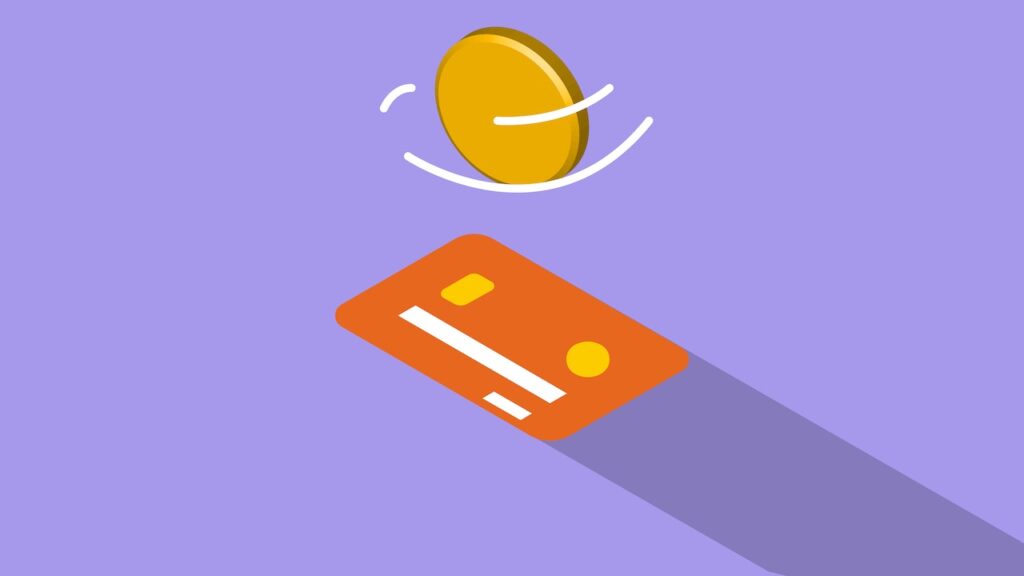Tips
Best Ways to Improve Your Financial IQ
Learning how to manage money should be your top priority.
Published
3 years agoon
By
Mario
There is never a bad time or day to start practicing or learning wise money management. This is particularly true if you’ve just changed professions, started making more money, or have ambitions you’d like to accomplish. There is no better time rather than now to increase your financial IQ.
How to Manage Your Money Wisely

Assessing your financial status is the first step in effective money management. After that, you can discover how to develop a financial strategy that will alter your life. Here are some ideas for raising your financial IQ.
Recognize Your Financial Stressors
You must have a thorough understanding of your financial status before you can establish solid financial habits. When you’re clinging to tensions and fears about money, that’s challenging to do. Spend some time figuring out what about money scares you the most.
Once you know what worries you the most, whether it’s debt, unchecked spending, or simply not understanding how to budget, you may start from a better place. After all, it’s difficult to solve if you don’t know what the issue is.
Take a Seat and Draw Up a Budget

Spend some time creating your monthly budget, then follow it religiously. Creating a budget is crucial if you’re starting and unfamiliar with living independently.
Start by assigning a part of your salary toward the essential expenses in your budget, such as housing, food, utilities, debt repayment, insurance, and housing. With what’s left over, you can budget a monthly sum for savings, self-care, charitable giving, entertainment, and amusement.
Control Your Debt
Pay attention to your debt. Get a direct understanding of what you owe for credit cards, student loans, auto payments, or a combination. Then make a plan for how you’ll repay it. Even monthly loan repayments can be automated.
Determine whether a credit card balance transfer could assist you in reducing your interest rate if you have any credit card debt. Also, keep in mind that not all debt is considered bad debt. Some debts might help you establish a solid credit history and are investments in your future.
Make a Savings Strategy

You may start thinking about saving money once the foundational elements of your budget are in place. Consider whether it makes sense to save money while paying off debt, depending on your financial situation.
According to most financial consultants, your emergency fund should be your initial saving objective. Start small, perhaps with $1,000 in savings. Once you get the hang of it, you might think about setting savings goals for particular purchases like trips, a new car, or a down payment on a home.
As you explore strategies to increase your savings and make saving enjoyable, give your savings accounts names based on these objectives.
Spend Responsibly
Avoid engaging in the practice of mindless impulsive spending. Spend instead with awareness. Think twice before spending any money before making a transaction. Will it make your life better?
Is the price tag reasonable? Decide when to spend money and when to preserve it. For example, there are occasions when purchasing a secondhand car makes more sense than a new one.
Make Use of Your Credit and Monitor Your Credit Score

Strong credit can increase your alternatives and enable you to make long-term financial savings. That’s because borrowers with higher credit scores often pay cheaper interest rates.
Discover your credit scores first, all of them, and then decide which actions will have the biggest impact on your ability to raise them. To ensure that your credit is not being used by someone else, choose how and when to monitor it.
Make The Most of Your Work Privileges
Most likely, you receive compensation at work in addition to being paid. Beyond your salary, you receive other benefits as well. Make sure you comprehend the specifics of your human resources benefits package.
Make sure you’re utilizing all of your opportunities. You might be eligible for 401(k) matching, a fitness bonus, a flexible spending account (FSA), a health savings account (HSA) (learn the fundamentals of an HSA), free annual physicals, mental health benefits, and more. These might be worthwhile advantages. Avoid missing out.
Consider Retirement Options
Even though it may seem daunting and far off, saving for retirement becomes a routine habit that pays you greatly once you begin going. Later, you’ll appreciate yourself. Retirement accounts come in various forms, including 401(k)s and independent retirement accounts (IRAs).
Spend some time getting to know them. Asking a financial advisor for advice may be helpful if you’re still unsure of your course of action. Make time to examine your retirement plan once a year after that.
Study The Fundamentals of Investing
Making your money work for you through investing. You might be prepared to begin investing whenever you have some extra money that exceeds your monthly costs (or if you want to invest a windfall). Grow your money and accumulate wealth over the long term without putting in much extra work. Take a look at this investing primer.
Merge With Your Partner

Don’t avoid discussing money with your partner at all costs. Be honest about money to create a happier connection that lasts over time with less stress. Think about how you can manage your finances together and how you may create a shared financial future.
Be Aware of Fraud and Scams
The threat of identity theft is actual. It can negatively affect your credit and take a tremendous amount of time to untangle and emerge. Look for strategies to prevent identity theft for both you and your dependents. These include keeping an eye on your credit record and safeguarding sensitive personal data (such as Social Security numbers).
Consult a Financial Advisor
Developing a financial plan is one point; modifying it when your circumstances change is quite another. Maintaining current tax laws and retirement planning can seem like a full-time job. It is for certain folks. You don’t have to tackle your finances alone if they feel daunting. Think about collaborating with a seasoned financial counselor.
These experts make it their business to keep current on the most recent financial news and money management techniques so they can help you navigate the process and modify your financial plan as your needs change.
Final Note
Increasing your financial literacy benefits more than just you. As you gain more knowledge about money, you may use it to teach your kids, as well as any other kids in your life, such as your nephews and nieces, colleagues, acquaintances, and friends. By imparting your expertise, you may help the next generation become more financially savvy.
Growing up with more financial knowledge, such as the fundamentals of budgeting, the risks of debt, and the impact of compound interest, will better prepare them to navigate the complex world of modern finance, just as growing up with the Internet and smartphones has made today’s kids more tech-savvy than their parents.
Hopefully, kids won’t make the same errors that many Americans do today as adults.
You may like

Best Problem-Solving Strategies In Business

How to Start Affiliate Marketing Through Amazon

How to Plan A Wedding On A Budget

10 Reasons Why Budgeting Is Important


